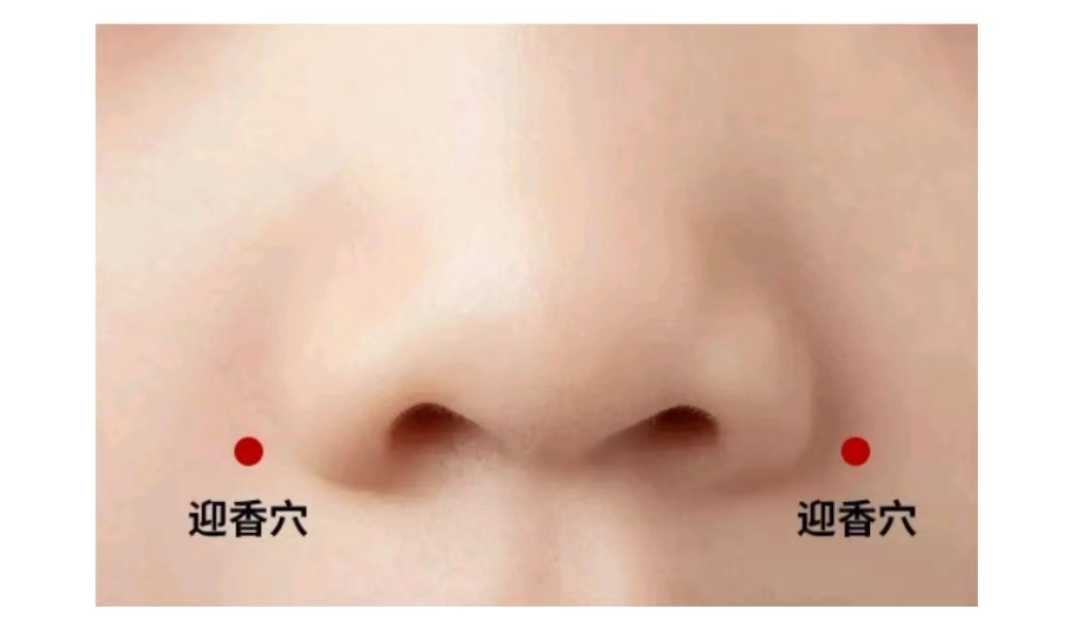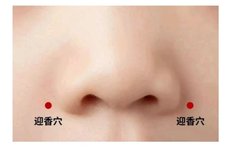
Recently, a patient named Xiao Wang came to Qishan Hospital, sniffling and wrapped in a down jacket, shivering. He told the doctor that he caught a cold after running the day before without waiting for his sweat to dry and then taking a hot shower. He heard from others that colds can be classified into wind-cold and wind-heat types, and he felt that he was triggered by the hot water, so he thought he had a wind-heat cold. Therefore, he took Shu Feng Jie Du Jiao Nang (Wind-Dispelling and Detoxifying Capsules) at home, but his symptoms did not improve, prompting him to seek medical attention.
Wind-cold and wind-heat colds are terms we often hear in daily life, but many people do not fully understand the differences between them. Today, let us explore this topic and help Xiao Wang analyze what type of cold he has.

In Traditional Chinese Medicine (TCM), a cold is considered to be caused by the invasion of wind evil, which attacks the defensive layer (wei) and disrupts the lung qi, leading to symptoms such as nasal congestion, runny nose, headache, chills, fever, and a floating pulse. Due to different pathogenic causes, colds are commonly divided into wind-cold and wind-heat types.
Wind-Cold Cold
Caused by the invasion of wind and cold, it is characterized by the aforementioned symptoms along with significant chills, absence of sweating, body aches, clear nasal discharge, and a white tongue coating, indicating cold signs. Treatment involves using warm and acrid herbs to release the exterior and disperse cold. Commonly used formulas include Gan Mao Qing Re Granules (Cold Relief Granules) and Jing Fang Granules (Schizonepeta and Siler Granules).
Wind-Heat Cold
Caused by the invasion of wind and heat, it presents with the aforementioned symptoms along with notable fever, sore throat, thirst, and a red tongue with a red tip, indicating heat signs. Treatment involves clearing heat, releasing the exterior, and dispersing lung heat. Commonly used formulas include Yin Qiao Jie Du Pian (Yin Qiao Detoxifying Tablets) and Shu Feng Jie Du Jiao Nang (Wind-Dispelling and Detoxifying Capsules).
Therefore, based on the above analysis, Xiao Wang’s significant chills and clear nasal discharge indicate he has a wind-cold cold.
However, “In spring, there is residual cold, and heat epidemics are easy to occur; in winter, there are strong winds, and cold epidemics are easy to occur.” In addition to wind-cold and wind-heat, there are also seasonal colds. These are prevalent in the winter and spring seasons and are characterized by epidemic outbreaks.Influenza falls into this category.Unlike ordinary colds caused by wind evil, seasonal colds are caused by epidemic pathogens, affecting both the defensive layer and the qi, involving both the lungs and stomach.Seasonal Cold
It is characterized by high fever (body temperature can exceed 39 degrees Celsius), absence of sweating, body aches, dry mouth, and a red tongue, indicating symptoms of exterior cold and interior heat. Treatment involves resolving both exterior and interior conditions, commonly using Fang Feng Tong Sheng Wan (Siler and Wind-Dispelling Pill);if the pathogenic qi enters the interior and transforms into heat, symptoms may include high fever, cough, sore throat, thirst, red eyes, nausea, vomiting, diarrhea, or constipation due to heat toxin attacking the lungs, treated with heat-clearing and detoxifying methods, commonly using Lian Hua Qing Wen Jiao Nang (Lianhua Qingwen Capsules) and Lan Qin Kou Fu Ye (Blue Scutellaria Oral Liquid).
Therefore, Xiao Wang should also measure his temperature and ask those around him if they have cold symptoms to furtherdifferentiate from influenza and mycoplasma pneumonia.
It is important to note that when using TCM patent medicines for treating colds, after taking the medicine, one should aim for a slight sweat all over the body, avoiding excessive sweating, and pay attention to wind protection and warmth. Regular exercise is recommended to strengthen the body and resist external evils. Those who are prone to colds can consistently massage the Ying Xiang (Welcome Fragrance) acupoint and take preventive herbal formulas, such as Yu Ping Feng Granules (Jade Screen Wind-Preventing Granules).If cold symptoms occurand there is no significant relief after taking medicine, one should promptly visit a legitimate medical institution for diagnosis and targeted treatment.

Author: Wang Yanle, Pharmacy Department
Editor: Liu Yanming
Proofreader: Cao Ping
Editor-in-Chief: Wang Yongmei
Previous Issues
On January 20, expert consultation information from the Chu Naihui Medical Studio was released.
Sudden chest pain? You may have angina!
Focus on the “Medical” line | Chief Physician Wang Qingfeng from the Chu Naihui Medical Studio visited Qishan Hospital for consultations!
Qishan Hospital outpatient schedule (1.15-1.21)

